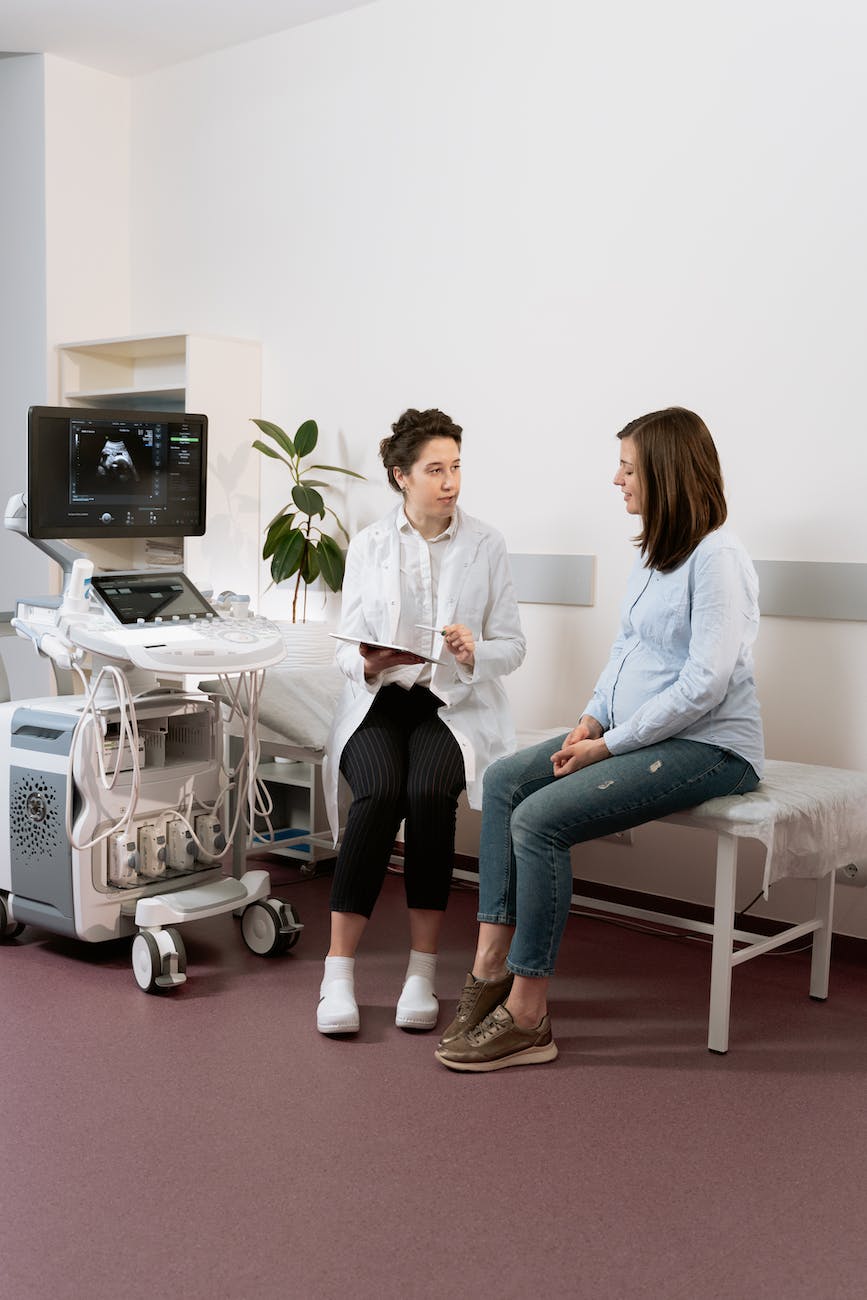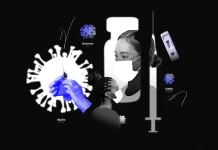
In the journey of life, maintaining good health is a priority for most of us. We strive to eat well, exercise regularly, and adopt healthy habits. Yet, even the healthiest lifestyles can’t always shield us from the unexpected. That’s where preventive health screenings come into play. These screenings are not just for those with symptoms or a family history of certain diseases; they are for everyone. They are the proactive steps we take to ensure that we catch potential health issues early and stay in the best possible shape for years to come.
What Are Preventive Health Screenings?
Preventive health screenings are a series of tests, examinations, and check-ups that aim to detect medical conditions before symptoms appear. These screenings are typically recommended based on age, gender, family history, and lifestyle factors. They cover a wide range of health areas, including cardiovascular health, cancer detection, infectious diseases, bone health, and more.
The Importance of Early Detection
- Increased Survival Rates: Many diseases, including cancer, heart disease, and diabetes, are far more treatable when caught in their early stages. Early detection can be the difference between successful treatment and more severe, less manageable conditions.
- Cost-Effective: Preventive screenings are often covered by health insurance, making them a cost-effective way to manage your health. Treating advanced diseases can be far more expensive than early interventions.
- Quality of Life: Catching a condition early can mean less aggressive treatments, fewer side effects, and a better quality of life during and after treatment.
- Peace of Mind: Regular screenings offer peace of mind. Knowing you’re taking proactive steps to safeguard your health can reduce anxiety and stress.
Common Preventive Screenings
- Blood Pressure Measurement: High blood pressure is a silent killer. Regular checks can help manage it and reduce the risk of heart disease and stroke.
- Cholesterol Tests: Elevated cholesterol levels are a risk factor for heart disease. Monitoring cholesterol levels can lead to lifestyle changes or medication if needed.
- Blood Glucose Testing: Early detection of high blood sugar levels can prevent or delay the onset of diabetes.
- Cancer Screenings: Mammograms, Pap smears, colonoscopies, and prostate cancer screenings are crucial for detecting cancer in its early, more treatable stages.
- Bone Density Tests: These tests can identify osteoporosis and assess fracture risk.
- Skin Checks: Skin cancer screenings can detect melanoma and other skin cancers early when they are highly treatable.
- Immunizations: Vaccinations protect against infectious diseases like influenza, pneumonia, and hepatitis.
- Vision and Hearing Tests: Regular eye and ear exams can catch problems like glaucoma, cataracts, or hearing loss early.
When to Start and How Often
The timing and frequency of preventive screenings can vary depending on your age, gender, and risk factors. It’s essential to consult with your healthcare provider to create a personalized screening schedule tailored to your needs. In general:
- Blood pressure, cholesterol, and blood glucose tests: These are typically checked annually.
- Cancer screenings: The frequency varies depending on the type and your risk factors. For example, mammograms may start at age 40 or 50, while Pap smears often begin at age 21.
- Bone density tests: Begin around menopause for women or later if risk factors are present.
- Immunizations: Follow the recommended schedule for your age and risk factors.



